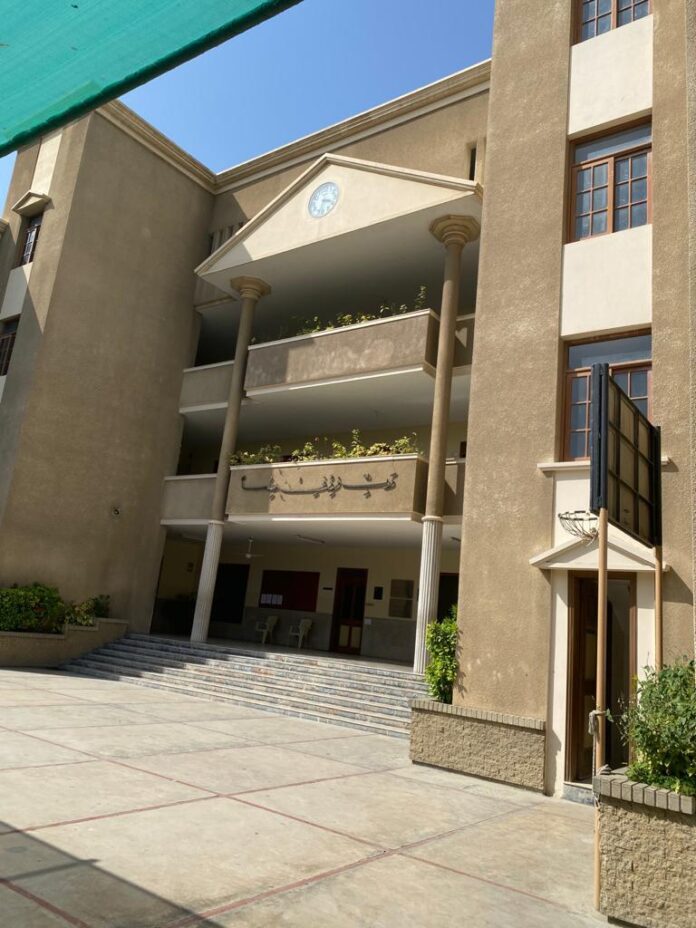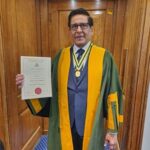Madrasah pupils are enjoying lessons via Zoom thanks to dedicated teachers who have adapted to the coronavirus lockdown.
Plans were well advanced for the start of the new academic year on 6 March when Covid-19 threw all into disarray.
Fortunately, in Karachi, teachers had just taken part in a Tarbiyah refresher workshop with Sister Sajeeda Virani and a Teaching Skills Programme (TSP) workshop with Syed Ali, both at the end of February, as well as a TSP micro teach, thanks to the efforts of Sister Zohra Rajpar.
They were fired up and ready to teach, but when the world changed as the pandemic spread, educational institutions were shut down and the new academic year never took off. Students were never registered and they never received their books.
Buzzing with ideas
Initially teachers felt helpless, then a Madrasah Centre of Excellence (MCE) WhatsApp group set up during a retreat in Milton Keynes started buzzing with different madaris posting about their online teaching. This gained a lot of momentum with everyone sharing their best practise.
Principal of Al Murtaza Madrasah Fatima Altaf takes up the story: “It was the impetus that we required. I contacted all my madrasah teachers and had an online meeting with them on Zoom. I encouraged them to get in touch with our students and try to bring them on a platform where we could start some kind of interactive teaching with them.”
Risen to the occasion
“Masha Allah our teachers have risen to the occasion and we have managed to have hour-long classes with our students on 3 and 10 April on Zoom. We had ten classrooms and over 100 students.”
The work has covered “a bit of everything” rather than the exact Tarbiyah curriculum as teachers are testing the waters with online learning. They have used resources from the MCE website as well as other sources.
Many of the other madaris have created quality and creative material to benefit students during this lockdown period. This includes demos and guidance on how to host a class online by Al-Haadi, read-aloud storybooks by the Dubai team, online stories and activities from Hyderi madrasah to mention just a few, including several interactive, informative and creative resources from madaris across the US, Europe and Africa using different platforms such as presentations, videos and audio to keep the children engaged during their online class.
The MCE is grateful to all the madaris that have engaged with them to assist in bolstering the online learning platform. Many do not include their names and work tirelessly behind the scenes to provide material for children around the world. This has not gone unnoticed and we are thankful to all of you.
Doing a great job
“What I am happy to report is that the teachers have been bringing in their TSP training into play and the band A and B teachers are doing a great job of trying to adapt to storytelling sessions on Zoom,” Fatima said.
“We are eternally grateful to the MCE, specially Naushad bhai, Sister Sajeeda and Syed Ali, without whose training, encouragement and guidance we may have never been bold enough to begin this online teaching.”
Classes will continue weekly until 8 May, followed by a few weeks’ break, then the plan is to start the Tarbiyah curriculum in earnest a few weeks after Eid.
If educational institutions are open by then teaching will go back to classrooms, if not MCE will review how best to run courses online.
Centred around each child
MCE is a global education structure that delivers and maintains strategies for The World Federation’s Madrasah Programme. It hosts a wide range of training sessions specifically for teachers throughout the year, internationally.
The TSP provides teachers with practical skills, tools and resources needed to bridge the gap between schools and madaris, enabling a more structured style of teaching in the madrasahs – emphasising the learning process centred around each individual child.
The overall aim of the programme is to increase the skills of madrasah teachers, shifting their attitudes and behaviours so they are better able to support the learning of students in the madrasah.














